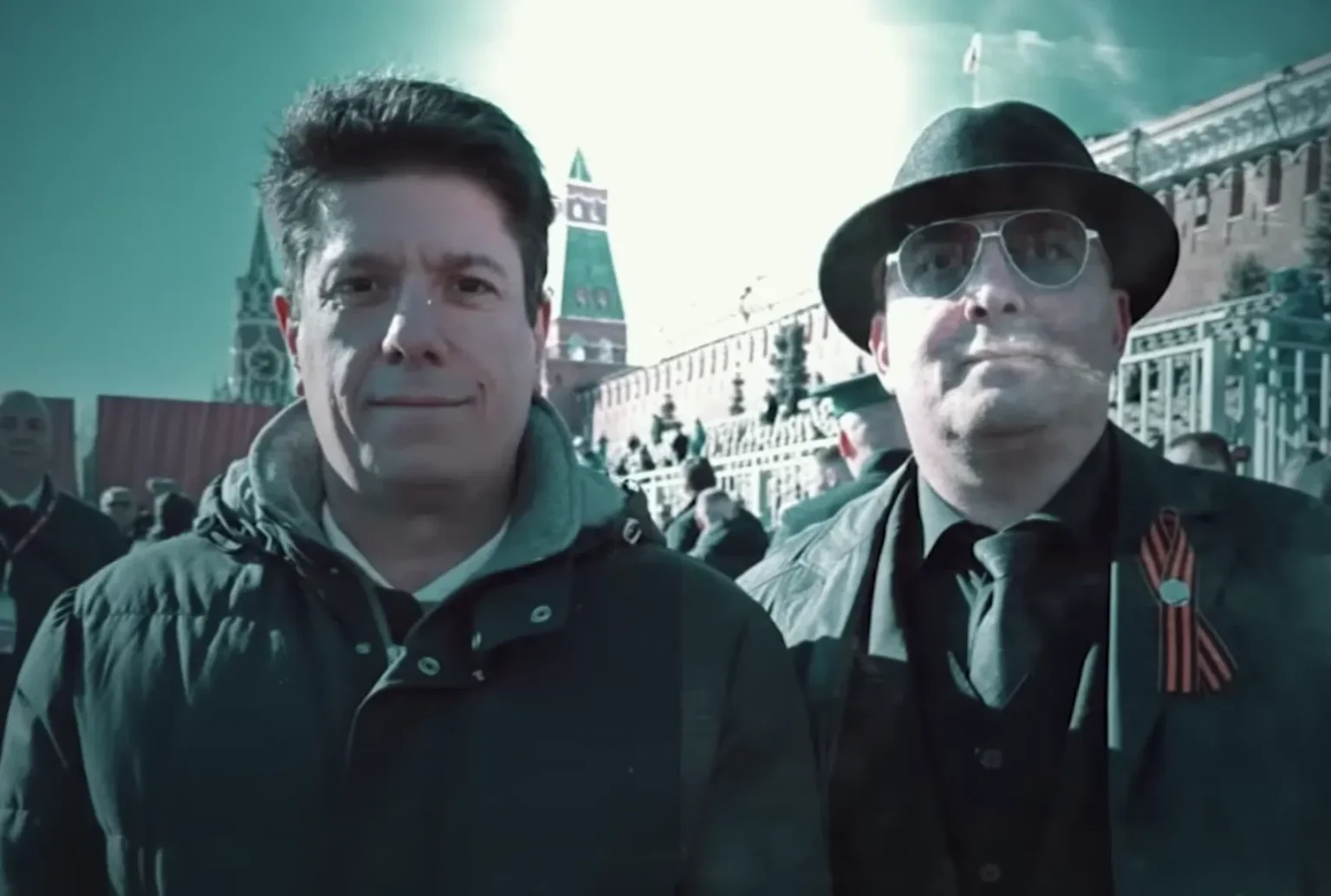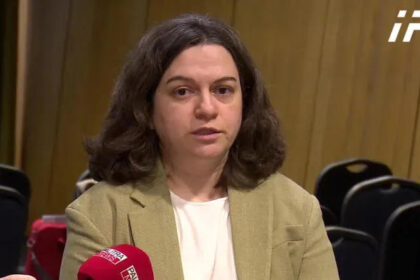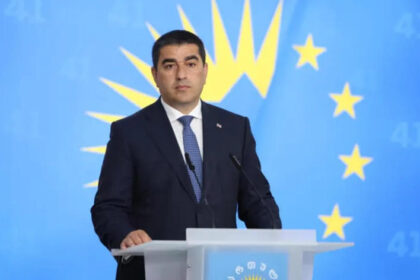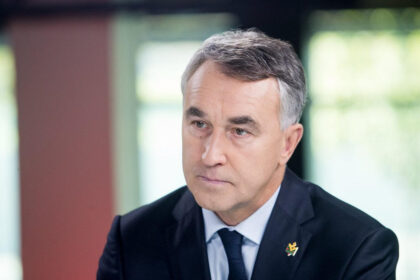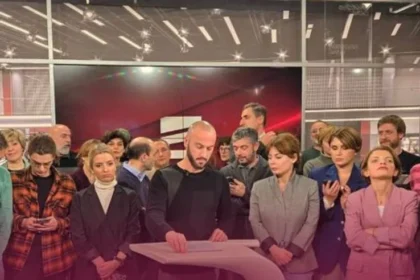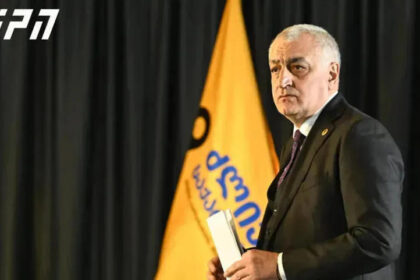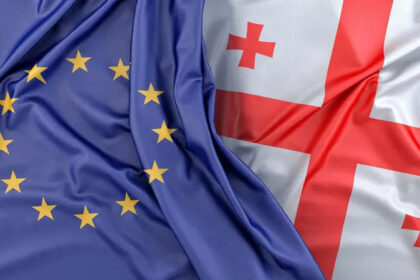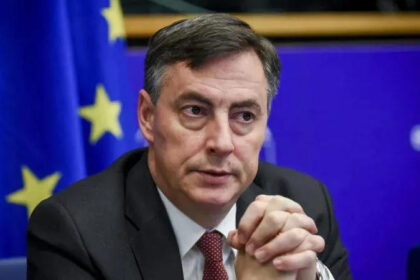**Pro-Russian Group Pushes for Restoration of Diplomatic Relations with Russia**
In a significant development, a group of pro-Russian politicians and public figures in Georgia have launched a signature campaign to restore diplomatic relations between their country and Russia. The move comes at a time when tensions between the two nations remain high, with Georgia’s government maintaining that the occupation of its territories by Russian-backed separatists is a “red line” for talks.
The group, which includes several prominent figures aligned with the ruling Georgian Dream party, held a meeting on May 7 in Tbilisi to discuss their proposal. The meeting was chaired by Mamuka Pipia, a Russian businessman of Georgian origin and leader of the pro-Russian “Solidarity for Peace” party. Other attendees included Paata Abuladze, brother-in-law of Tbilisi Mayor Kakha Kaladze, and Nana Kakabadze, co-founder of the pro-Russian group “United Neutral Georgia”.
According to a report by TV Pirveli, the participants signed a document calling for direct dialogue with Russia and expressing support for their government’s foreign policy. The document argues that Georgia cannot overcome its economic and social difficulties without engaging in talks with Moscow.
**The Significance of the Move**
This move is significant because it suggests that there are still people within Georgian society who believe that restoring diplomatic relations with Russia is a viable option. While the official Tbilisi government has been adamant that the occupation of Abkhazia and South Ossetia remains a “red line” for talks, this pro-Russian group believes that the benefits of improved relations outweigh the costs.
The petition campaign, which aims to gather signatures nationwide, may serve as a pretext for the Georgian Dream government to restore diplomatic relations with Moscow. Mamuka Pipia, one of the leaders of the group, has stated that they are not pushing for a specific outcome but rather giving their government a mandate to act more courageously.
**Ties to Russia and Implications**
The involvement of several high-profile figures, including Paata Abuladze and Fridon Injia, who have ties to Russia, raises questions about the true motives behind this move. The fact that Mamuka Pipia reportedly met with Russia’s foreign intelligence chief Sergei Naryshkin in Moscow before launching the campaign also suggests a level of coordination between the group and Russian authorities.
Furthermore, the presence of Otar Partskhaladze, a U.S.-sanctioned former prosecutor general who has ties to Russia’s FSB, at the military parade in Moscow on May 9, further blurs the line between what is pro-Russian and what is genuinely Georgian. The refusal of Anri Okhanashvili, head of Georgia’s State Security Service, to comment on Partskhaladze’s activities raises more questions than answers.
**What’s Next?**
The future of diplomatic relations between Georgia and Russia remains uncertain. While the official Tbilisi government has maintained its stance on the occupation of Abkhazia and South Ossetia, this pro-Russian group may be able to put pressure on the government to reconsider its position. The implications of such a move could be far-reaching, affecting not only Georgia’s foreign policy but also its domestic politics.
As the situation unfolds, one thing is clear: Georgia must navigate a delicate balance between maintaining its sovereignty and pursuing better relations with Russia.




